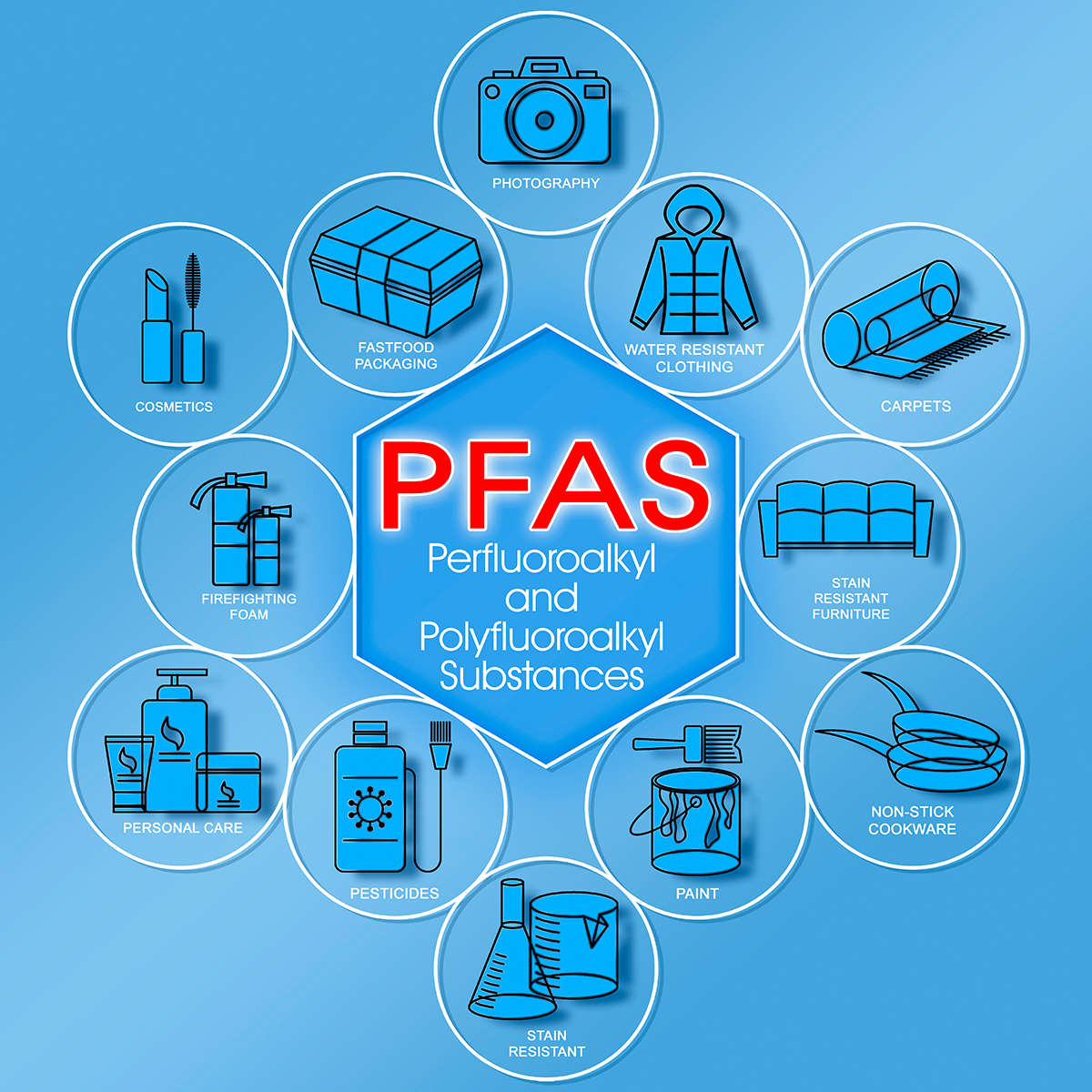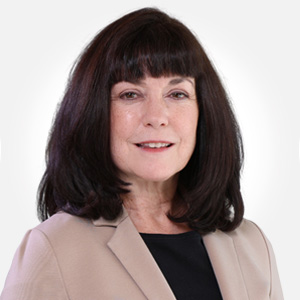-
Property & Casualty
Property & Casualty Overview

Property & Casualty
We offer a full range of reinsurance products and the expertise of our talented reinsurance team.
Trending Topics
Publication
Production of Lithium-Ion Batteries
Publication
PFAS – Rougher Waters Ahead?
Publication
Generative Artificial Intelligence in Insurance – Three Lessons for Transformation from Past Arrivals of General-Purpose Technologies
Publication
Did you Know? A Brief Reflection on La Niña and El Niño
Publication
Time to Limit the Risk of Cyber War in Property (Re)insurance
Publication
Pedestrian Fatalities Are on the Rise. How Do We Fix That? -
Life & Health
Life & Health Overview

Life & Health
We offer a full range of reinsurance products and the expertise of our talented reinsurance team.
Training & Education
Publication
When Actuaries Meet Claims Managers – Data-Driven Disability Claims Review
Publication
Chronic Pain and the Role of Insurers – A Multifactorial Perspective on Causes, Therapies and Prognosis
Publication
Fasting – A Tradition Across Civilizations
Publication
Alzheimer’s Disease Overview – Detection and New Treatments
Publication
Simplicity, Interpretability, and Effective Variable Selection with LASSO Regression Moving The Dial On Mental Health
Moving The Dial On Mental Health -
Knowledge Center
Knowledge Center Overview

Knowledge Center
Our global experts share their insights on insurance industry topics.
Trending Topics -
About Us
About Us OverviewCorporate Information

Meet Gen Re
Gen Re delivers reinsurance solutions to the Life & Health and Property & Casualty insurance industries.
- Careers Careers
Focus Groups and Shadow Juries – Telling a Persuasive Story for Trial

October 02, 2024
Rebecca Selinger,
Tim Hayden
Region: North America
English
When preparing to go to trial, you are essentially preparing to tell a story. Something happened, there is a beginning, a middle and an end, with the end being the decision of the jury. How does a defense team persuade a jury to deliver the desired ending to the story? By telling a story the best way it can, being prepared, and practicing with focus groups.
In this article, we share information on conducting focus groups in preparation for trial, and offer suggestions on how to utilize shadow juries during a trial.
Focus Groups – How and why are they used?
A focus group is a “small group selected from a wider population and sampled, as by open discussion, for its members’ opinions about or emotional response to a particular subject or area, used especially in market research or political analysis.”1
Focus groups provide attorneys with a tremendous amount of insight to help develop a case. Some attorneys even start focus groups to help them figure out the theme and the approach that will work best. Plaintiff’s attorneys start this process early and use it often. The process is used to figure out what juror profile to choose in a case, to identify the strengths and weaknesses of a case, and to test the themes.
There are several ways to conduct focus groups:
The most widely used method is engaging a professional trial consultant who will have several jury panels and will provide a full analysis on each juror and the content of their discussions. The feedback is valuable, but it can be a lengthy and expensive process.
An alternative approach is to conduct a focus group yourself. Reserve a conference room at a hotel for the focus group. A temporary staffing company can help assemble panels to hear about the lawsuit and answer questions.2 Make sure the panel participants share the demographics of the venue where the case is pending. Within approximately four hours, up to two cases can be tested. Best practices include having each participant complete a demographic questionnaire and a confidentiality agreement.
Another potential route is to conduct an internet focus group. A market research company can assist in choosing individuals from the community where the case will be heard to act as the jury.3
Another option is to go the courthouse where the case will be heard to recruit potential jurors excused from jury duty. Use a questionnaire to collect information for screening purposes and offer payment, such as $50 for their time.4
You can get non-legal employees of the defense firm together in the office and practice the themes with them. As firm employees, they may be slightly more biased than members of focus groups selected in other ways, but you still may get a sense of how to present the case.
Why go through the effort and expense of engaging a focus group?
The benefits are numerous. One of the most significant benefits is to enlighten the defense firm’s client, your insured. Focus groups can provide valuable feedback and assist in setting realistic expectations.5 Working with a focus group also helps, as previously mentioned, to develop a theme and tell the story in an engaging format.6 Another benefit of working with focus groups is that they allow trial attorneys to practice presenting their case, so at trial they present the case in the best way to get the desired result. Even Ryan Seacrest, while not an attorney, practices for his role as the new host of TV’s “Wheel of Fortune.” In an interview, Seacrest stated, “Wherever I was working, the producers sometimes would come, and they’d bring contestants, and we would play “Wheel of Fortune” in hotels just to get familiar with the rules and scenarios and things that could happen, so that at some point it becomes second nature.”7
Working with focus groups can also reveal weaknesses in a case and provide attorneys with feedback to help overcome those weaknesses. This work can only make your case stronger and possibly reduce the chance of a nuclear verdict.
Another benefit to conducting focus groups is that plaintiff’s side is often going on the assumption that the defense is not doing a focus group. The plaintiff’s side may disclose the use of the focus group and ask the defense if one was conducted. The plaintiff’s side often believes that defendants and insurance companies rarely spend the time or money on focus groups and if the plaintiff is the only one that conducts one, their credibility and leverage increases.8
When engaging a focus group, it is never too early to start. Focus groups can be used right out of the gate to help you develop your theme. You can have one during or after discovery, but they’re most often used after depositions. Waiting until just before trial could be considered late, but you can still get valuable feedback, even that late in the process.
Use the focus groups to fine tune your case and help the defendant make a more persuasive argument.
Shadow Juries – What are they and how are they used?
After the pre-trial work is completed, insurance carriers need to determine how they intend to monitor a case that is proceeding to trial. Many times, insurance carriers will ask their defense attorney to report back at the end of each day with a verbal or a written summary of what transpired at trial. Although helpful for the carrier, this practice can take away valuable time from defense counsel as they are preparing for the next day of trial. The information provided by defense counsel is also likely to contain some bias.
Another method that insurance carriers utilize to monitor trials involves sending their claims adjuster, a claims supervisor, or another defense attorney to attend the trial. While this is highly recommended for cases with significant exposure, these folks are also likely to have some bias as they listen to the evidence presented in the case.
One way of avoiding bias when monitoring a case in trial is by hiring a shadow jury. Shadow juries are typically arranged by a trial consultant who will work to enlist a small group of people to attend the trial. This small group of people will be chosen from the same venue where the lawsuit is being heard and will be comprised of individuals with matching “personal characteristics” (objective demographics as well as “life experiences, attitudes, and opinions”) as the jurors who will be deciding the case.9 The shadow jurors will not be told who employed them in order to avoid any bias in their feedback about the case. The shadow jurors will be expected to operate under strict confidentiality.
The shadow jurors will listen to all the evidence presented in the trial. At the end of each day, the trial consultant will interview the shadow jurors to discuss the evidence presented, their general thoughts about the case, and their opinions on verdict potential. These insights are then shared with defense counsel to help them determine if they need to clarify or focus on certain points, if they need to present additional evidence, or if they need to change the way the case is being presented to the jury. The information provided by the shadow jurors also helps the insurance company determine if it needs to reevaluate the case and engage in additional settlement negotiations.
Shadow juries are often used by plaintiff attorneys. Defense teams utilize shadow juries on occasion, but they are primarily used for cases with nuclear and thermonuclear exposures, largely due to the costs associated with employing a trial consultant and the shadow jurors. However, with the rise in the number of larger-than-anticipated verdicts, defense teams should consider employing a trial consultant and shadow jurors more often. This is especially true if there is any chance that the verdict could exceed the policy limit if the plaintiff prevails.
Conclusion
Shadow juries provide real-time feedback from non-biased observers as the trial progresses forward. A well-executed shadow jury strategy can help bridge the gap between defense counsel’s intentions and a jury’s perceptions of the case – which could help toward a best possible outcome for the insured.
Focus groups and shadow juries are useful tools that can help develop the theme of a case and provide valuable feedback before and during trial. One final detail worth mentioning, make sure to have good snacks for your participants! Reach out to your Gen Re claims executive if you’d like to talk about your experience.
Endnotes
- Michael J. Warshauer, Steven R. Thornton, “Effective Use of ‘Do It Yourself’ Focus Groups,” Warshauer Law Group, Sept. 2017, https://warlawgroup.com/wp-content/uploads/2017/09/16.DIYFocusGroups.pdf.
- Ibid.
- Id. at note 1.
- J. Jude Basile, “Using Focus Groups for Today’s Jurors,” October 2007
- Jill Holmquist, J.D., Richard A. Jenson, M.S., Jennon Research and Communications, Martin Q. Peterson, Ph.D., “Uses of Focus Groups on Litigation Research,” Forensic Anthropology, Inc.
- Gerry Spence, Let Me Tell You a Story, Trial, February 1995, 74.
- Yahoo Entertainment/CBS News, “Ryan Seacrest takes a spin as new host of ‘Wheel of Fortune’,” Sept. 1, 2024
- Id. at note 1.
- Peter Hecht, “How Jury Shadowing Can Solidify Your Victory”, Magna Legal Services, Dec. 20, 2021, https://magnals.com/how-jury-shadowing-can-solidify-your-victory/; see also “Shadow Juries”, Litigation IQ, https://www.litigationiq.com/shadow-jury and “Shadow Jury”, Jury Research Institute, https://www.juryresearchinstitute.com/our-services/trial/shadow-jury.






